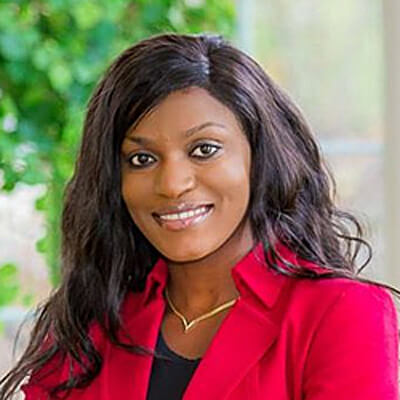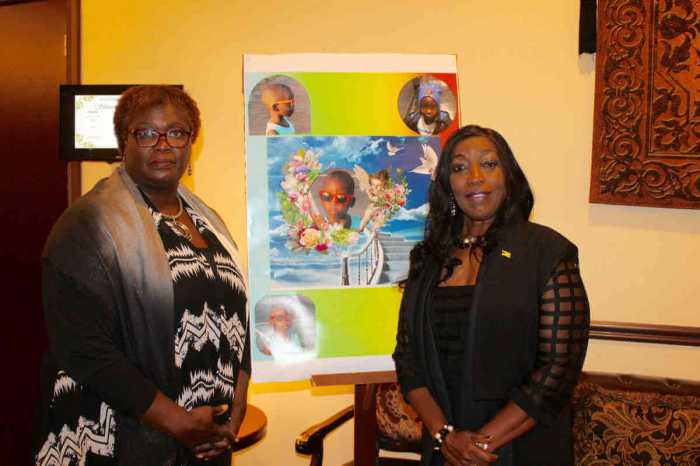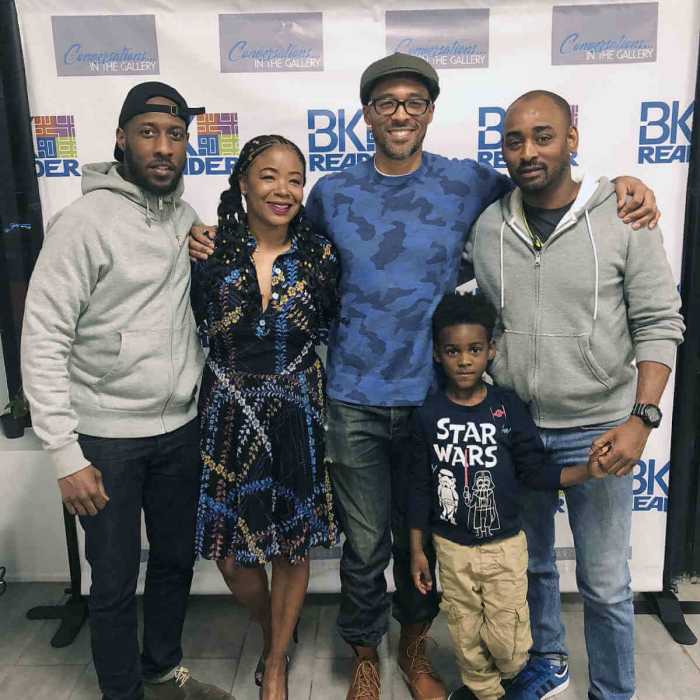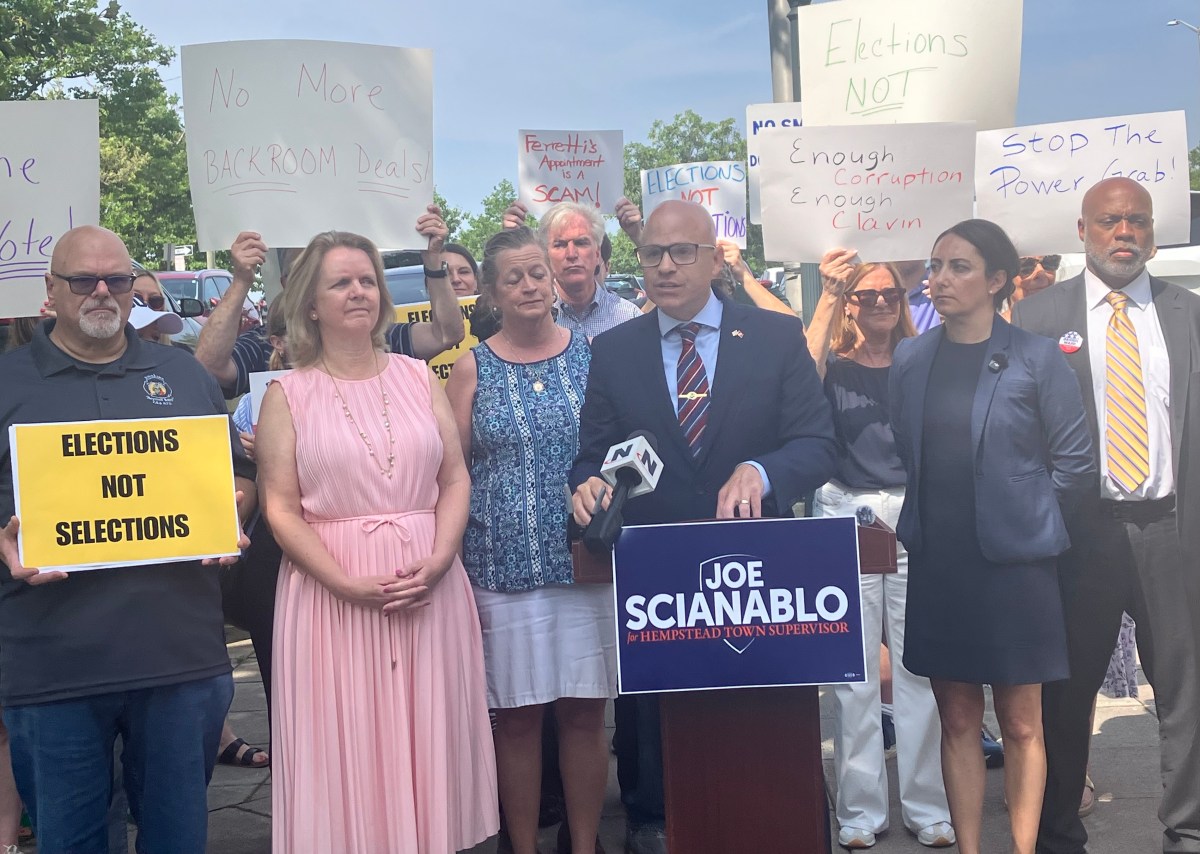In a few short weeks, Queens will resume its annual tradition of welcoming the world’s best tennis players and sports’ enthusiasts to Flushing Meadows Corona Park. All eyes will undoubtedly be on Naomi Osaka, who over the last few months has received both praise and criticism for her decision to withdraw from the French Open, citing mental health reasons.
Up until this pivotal moment, Osaka had used her global platform to address systemic racism and police brutality. She was intentional on using her platform to “say their names” during the 2020 tennis season when she wore protective face masks bearing the names of victims like George Floyd, Breonna Taylor and Ahmaud Arbery.
Osaka’s recent decision to set boundaries in an effort to protect her mental well-being has had wide-ranging positive impact. Athletes like Kyrie Irving and Michael Phelps came to her defense for shedding much needed light on the mental health strains they endure during competition as well as press conferences with journalists. People from all walks of life were also able to relate to her, particularly those who experienced mental health strains exacerbated by the pandemic.
The cultural impact of Osaka’s decision is very profound. As a Japanese-Haitian athlete, she is helping de-stigmatize discussions around mental health in Black American, Caribbean and countless cultures throughout the world where acknowledging issues like depression and anxiety, and seeking help, are taboo.
While most people are familiar with Wimbledon, the U.S. Open is one of several dozen tournaments in which tennis players compete. This results in an incredible amount of pressure on tennis players to excel on the court, and still reserve enough mental energy to speak with reporters about their performance shortly after each match –win or lose.
I grew up during a time when male tennis players were given a pass for unruly and unsportsmanlike behavior on the court. Male athletes in every sport are still allowed to have a bad day and not suffer the level of scrutiny that Osaka has faced for prioritizing her mental health and empowering others to do the same. We were once again reminded of the mental health toll athletes endure when Simone Biles temporarily withdrew from the Tokyo Olympics because she didn’t realize just how stressful the competition was becoming.
Athletes are not robots, and their sole purpose is not just to “shut up and dribble” – or hit a ball with their racket. Osaka is human, and like many of us, she is trying to figure out how to overcome difficult situations. Resilience is learning that even though we face adversities, we are able to develop strategies that will allow us to combat those adversities, cope and become stronger individuals.
A key aspect of building resilience is normalizing mental health discussions. This is the best way to help individuals recognize that caring for mental health is the same as receiving care for a physical ailment.
So when the U.S. Open starts, I’ll be rooting for Naomi Osaka, and challenging others with as big a platform as hers to be agents of change in the fight to prioritize mental health.
– Annika T. D’Andrea is the founder and CEO of Tender Loving Family, Inc., a New York State Licensed home health care organization, and TLC Virtual Resiliency, a group-based, virtual, custom wellness and resiliency-building program. To learn more, visit: https://tlcvirtualresiliency.com


























